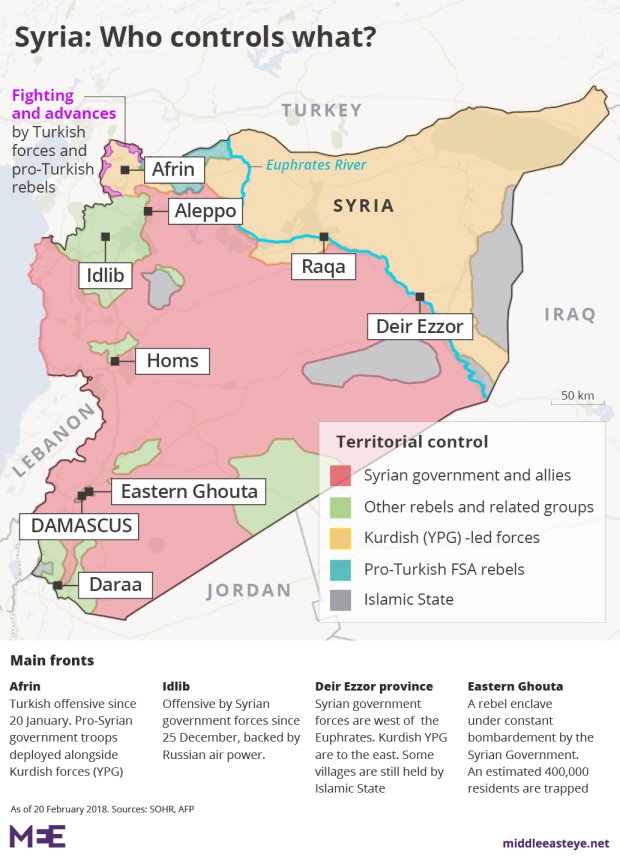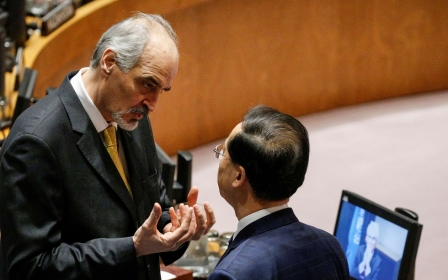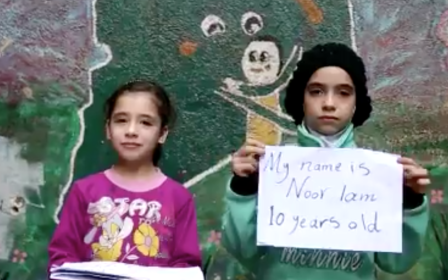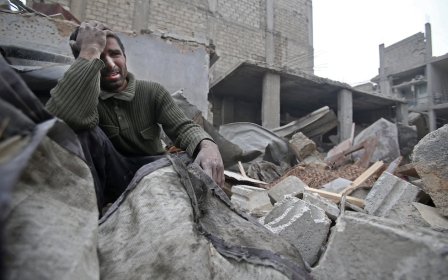Russian mercenary boss 'spoke to Kremlin' before attack on US allies in Syria

A Russian tycoon believed to control Russian mercenaries who attacked US troops and Kurd allies in Deir Ezzor told Syrian officials he would give Bashar al-Assad a "good surprise" days ahead of the assault, the Washington Post has reported.
Yevgeniy Prigozhin was also in close contact with Russian officials before the attack and told a Syrian official that he had "secure permission" from a Russian minister for a "fast and strong" action that would happen in early February, according to intercepted communications seen by the Post.
On 7 February, pro-Assad troops, including Russian military contractors, advanced on a gas field in the northern Syrian village of Tabiya under the control of the US-backed Syrian Democratic Forces, and were attacked by US-led coalition forces.
Soon after the attack, Pentagon chief Jim Mattis said: "For some reason, pro-regime forces - and again, I cannot give you any explanation of why they would do this - moved against [Syrian Democratic Forces] positions."
The Wagner connection
About 100 were reported to have been killed, although Russian contractors who spoke to journalists put the figure at up to 200.
But who they were remained murky for days as both Moscow and Washington gave few details and played down the incident.
The Russian defence ministry stated that fighters killed by the US strikes had not co-ordinated their movements with the Russian military.
As reports have trickled out, it has become clear that many of those killed were mercenaries with the Russian private contractor group, Wagner Group.
The Washington Post report will raise questions about how much the Russian government knew ahead of the attack, whether it was officially sanction and at what level it would have been authorised.It will also prompt speculation about US-Russia cooperation as the war enters its eighth year next month.
The fighting took place less than 10km from the so-called "deconfliction zone" set up by the US and Russia along the Euphrates River.
Moscow and Washington coordinate their air and ground operations against the Islamic State (IS) group in this zone.
A senior US administration official told the Washington Post it was "striking" how the Russian's had distanced themselves from the incident.
"I think [the Russians] realise just how damaging it could be to any further cooperation," the Post quoted him as saying.
Prigozhin, the Russian oligarch featured in the intercepted communication seen by the Post, was indicted as part of special counsel Robert Mueller's investigation into Russia's alleged meddling in the 2016 US presidential campaign.
New MEE newsletter: Jerusalem Dispatch
Sign up to get the latest insights and analysis on Israel-Palestine, alongside Turkey Unpacked and other MEE newsletters
Middle East Eye delivers independent and unrivalled coverage and analysis of the Middle East, North Africa and beyond. To learn more about republishing this content and the associated fees, please fill out this form. More about MEE can be found here.





